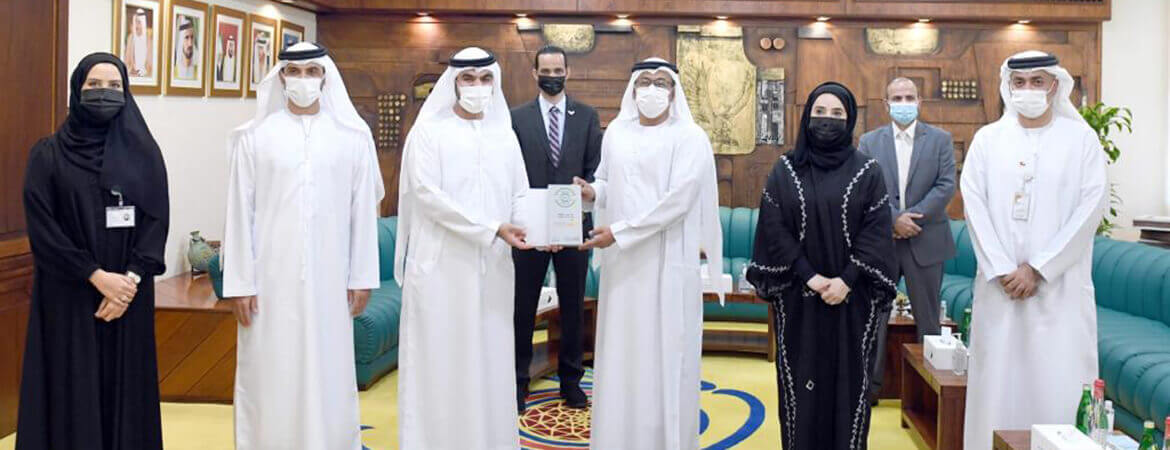Dubai Municipality has achieved 100% reduction in papers during the year 2020. The total reduction amounted to 20,960,743 papers annually, saving more than AED 95 million and more than one million working hours.
“The implementation of the improvement measures related to the Dubai Paperless Strategy has led to an increase in the percentage of digital completion to 100%, and an increase in the percentage of customer and employee satisfaction and meeting their needs in an integrated and proactive manner,” said Dawoud Al Hajri, Director General of Dubai Municipality, pointing out that the Municipality provided 1,877,987 smart digital transactions in 2020.
“We started the work by assessing the current situation and counting the baseline of Dubai Municipality in the use of paper, and we found that 20,984,104 papers were used in the services provided to customers and for the main internal operations and support processes. The papers printed were optional, and they were papers in government resource planning systems. Accordingly we embarked on seven initiatives to achieve the paper reduction target for the year 2019, and following up on their achievement. As a result, we could achieve 56.94% success in 2019,” he added.
“Eight initiatives were identified to achieve the paperless target for the year 2020”
“Among the most important of these improvement initiatives that were implemented in 2019 were the green ticket in Municipality centers, digital service bills and receipts, smart inspection, hygienic export certificates and food product evaluation certificates, in addition to the fee adjustment on commercial license service, smart office, and improvement of 13 environmental services,” said Al Hajri.
“Eight initiatives were also identified to achieve the paperless target for the year 2020, and they were: Dubai Central Lab Department’s Labware management system, the import and re-export system, the Montaji system, the system development project called Legacy as well as the digital transformation project, the contractors’ qualification system, the building services improvement project, the advertising system, and the project to reduce and automate internal forms and documents,” he pointed out.
The Municipality provided 1,877,987 smart digital transactions in 2020
“There were additional initiatives such as linking with local and federal government agencies, in addition to link e-health certificates for imported food with New Zealand Government, removing and disposing of all printers, stopping the purchase of papers and inks, and holding awareness workshops for employees and customers on the importance of using alternative and technical solutions as well as training laborers on the use of smart and technological channels, and the provision of computers in workers’ accommodations,” Al Hajri continued.
“Cooperation has been made with Smart Dubai to achieve the Dubai Paperless Strategy, and a working team was formed by Dubai Municipality to implement the requirements of the Dubai Paperless Strategy, and to seek help from Smart Dubai to count the baseline and determine the number of papers used, in addition to identifying all requirements for joint government programs and developing a joint plan for their implementation. The Dubai Smart Government platform was used to link with other government agencies,” he said.
Al Hajri stated that as a result of the tireless efforts to accomplish specific improvement initiatives during the years 2019 and 2020, which included automation projects for services and the introduction of new systems and initiatives, the paper reduction index was achieved by 100% in the year 2020, exceeding the target set for 2020, which was 75%.
